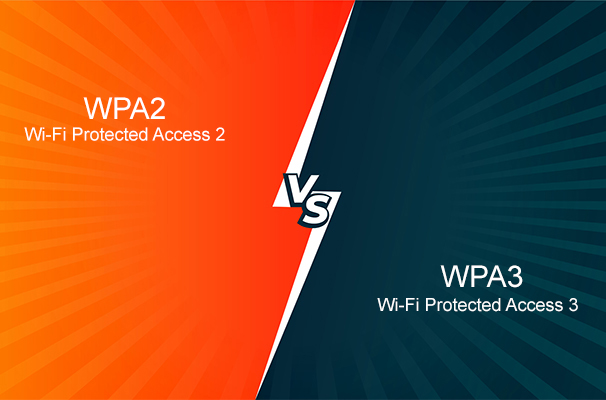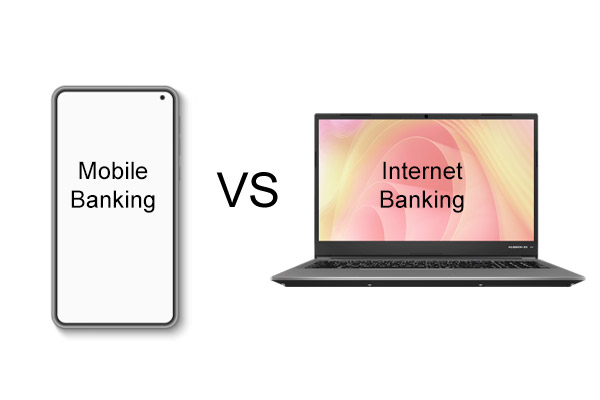Tags and hashtags are both used to organize and categorize content, but they have distinct purposes and uses. In this article, we will explain the key difference between tag and hashtag so that you can use them effectively to reach your target audience and improve your search engine optimization (SEO).
Tags are keywords or phrases that are used to describe the content of a website or webpage. They are typically placed in the HTML code of a webpage, and they can be used by search engines to index and rank the webpage.
Hashtags are similar to tags, but they are used on social media platforms like Twitter and Instagram. They are preceded by the hash (#) symbol, and they can be used to find and follow conversations on a particular topic.
Difference Between Tag and Hashtag
Tags:
- Definition: Tags are keywords or terms assigned to a piece of information (such as an internet bookmark, digital image, or database record), which help describe the item and allow it to be found again by browsing or searching.
- Purpose: Tags are used primarily for categorization and organization of information.
- Use: They are commonly used in blogs, websites, and databases. When you tag a blog post, for example, you are assigning keywords that represent the content of the post.
- Visibility: Tags may or may not be visible to the end-user, depending on how the system is designed.
- Syntax: Tags do not have a specific symbol in front of them.
Hashtags:
- Definition: A hashtag is a keyword or phrase preceded by the hash symbol (#) and used to identify messages on a specific topic.
- Purpose: Hashtags are used primarily for grouping posts or content, allowing users to find content related to a specific topic easily.
- Use: They are widely used on social media platforms like Twitter, Instagram, Facebook, and LinkedIn.
- Visibility: Hashtags are usually visible to users and are often used to join conversations on social media platforms or to discover content related to specific topics.
- Syntax: Hashtags always have the hash symbol (#) in front of them.
Example:
- Tag: You might tag a blog post about baking with tags like “baking,” “recipes,” or “desserts.”
- Hashtag: You might post a photo on Instagram of a cake you baked and include hashtags like #baking, #homemade, or #dessert.
Benefits of Tag and Hashtag
Benefits of Tag
- Enhanced Organization: Tags streamline and structure content, making information retrieval quick and hassle-free. For example, you could use tags to organize your blog posts by topic, date, or author.
- Refined Searches: Tags act as digital signposts, guiding users to the precise content they seek. When someone searches for a particular topic on your website, the tags you’ve used will help them find the most relevant results.
- SEO Boost: Efficient tagging can elevate a website’s SEO ranking, increasing visibility and traffic. When you use relevant and descriptive tags, search engines will be able to better understand your content and rank it higher in search results.
- User-Friendly Navigation: By categorizing content efficiently, tags offer users a seamless and intuitive browsing experience. When users can easily find the content they’re looking for, they’re more likely to stick around and explore your website.
- Content Management: For content creators, tags are invaluable, aiding in managing and maintaining a clutter-free content repository. When you use tags to organize your content, it’s easy to keep track of what you’ve published and make changes as needed.
Benefits of Hashtag
- Staying up-to-date on trends: Hashtags help you keep tabs on the latest trends by grouping related content together.
- Creating communities: Hashtags can also be used to create communities of like-minded individuals.
- Boosting brand visibility: Hashtags can also be used to increase brand visibility and boost online presence.
- Discovering new content: Hashtags can also be used to discover new content.
- Creating marketing campaigns: Hashtags can also be used to create marketing campaigns that resonate and engage with your target audience.
Similarities Between Tag and Hashtag
- Content Categorization: Both serve to categorize and organize content efficiently.
- Enhance Discoverability: They act as digital magnets, pulling in curious minds to related content.
- User Engagement: Whether it’s a tag or hashtag, both can fuel user interaction and engagement.
- SEO Impact: When leveraged properly, they can be powerful SEO allies, boosting online visibility.
- Keyword Connection: Each represents content through keywords or key phrases.
- Digital Navigation: They offer a smoother and more intuitive navigation through the vast digital ocean.
FAQs
Can I use both tags and hashtags on the same platform like a blog or social media?
Absolutely! While tags are more internal and aid in organizing your content, hashtags can be utilized for wider social media engagement and visibility. They can work harmoniously to boost your content’s reach and accessibility.
Do hashtags and tags impact the SEO of my content in the same way?
While both can impact SEO, they do so differently. Tags primarily help in organizing content and improving site usability, which search engines value, while hashtags can increase visibility on social media platforms, indirectly affecting SEO through engagement and traffic.
How do I measure the performance of my tag and hashtag?
There are a number of ways to measure the performance of your tags and hashtags. One way is to use social media analytics tools like Twitter Analytics and Instagram Insights to see how many people are clicking on your tags and hashtags. You can also use Google Analytics to see how many visitors are coming to your website from search engines using your tags and hashtags.
Are there any limitations to the number of tags or hashtags I can use?
Many platforms do impose limitations. For instance, Instagram allows up to 30 hashtags per post. Too many tags or irrelevant tags can also be detrimental to SEO, so it’s essential to use them judiciously and relevantly.
Can the overuse of tags and hashtags be detrimental to my content’s performance?
Yes, overuse or misuse of tags can lead to a cluttered and disorganized site, and excessive hashtags or irrelevant hashtags can be perceived as spammy, potentially reducing engagement and visibility.
How do I choose the right tags and hashtags for my content? A
For tags, focus on relevance and the core themes of your content. For hashtags, consider relevance, popularity, and specificity. Researching trending hashtags and using keyword tools can also help identify effective tags and hashtags for your content.





